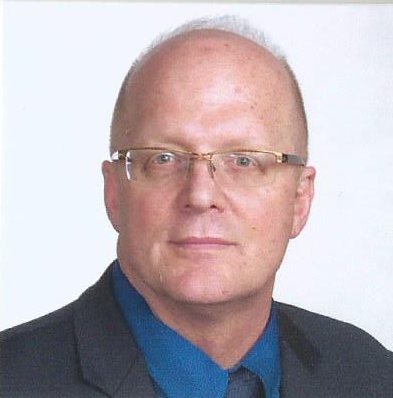What research have you incorporated into your teaching?
Not only have all the many aspects of my research found their way into my teaching, but my experiences in the world also contribute to the curricula in our History and our Political Science curricula at Mount Union. For example, the United States Department of State (the State Department) sent me to Islamabad, Pakistan several years ago--as part of the United States' "soft power" efforts in the region. It was a fascinating experience that afforded me the opportunity to talk with faculty and graduate students about American politics and culture--and I learned a good deal about U.S.-Pakistan relations and the many challenges Pakistan faces. In another instance, I traveled with Mount Union students and a colleague to Singapore for a spring break trip as part of a course on "Dynamic World Cities." I have also learned a great deal traveling around the United States with the NCHE (National Council for History Education) to help lead workshops for K-12 teachers... I incorporate elements from each of these projects and experiences into Mount Union's curricula.
Favorite part of your job?
I love teaching, talking with students and colleagues, and doing research — and I love the intellectual community (and sometimes the friendships) that arise in this exchange of ideas.
On Teaching
An administrator at Mount Union writes of Dr. Recchiuti, “John has the amazing ability to speak lucidly and learnedly about an astonishingly broad range of topics. His classes are stimulating, challenging, and erudite. His student evaluations are filled with comments about his breadth and depth of knowledge, and about his charming and delightful wit. He demonstrates the ability to inspire his students and to encourage the best students to be even better.”
Outside of political science and history
Other than my profession, I am passionate about my wife, Amy, and our children, Jack and Elizabeth. I’m also passionate about understanding the present, and working to make things better globally.
